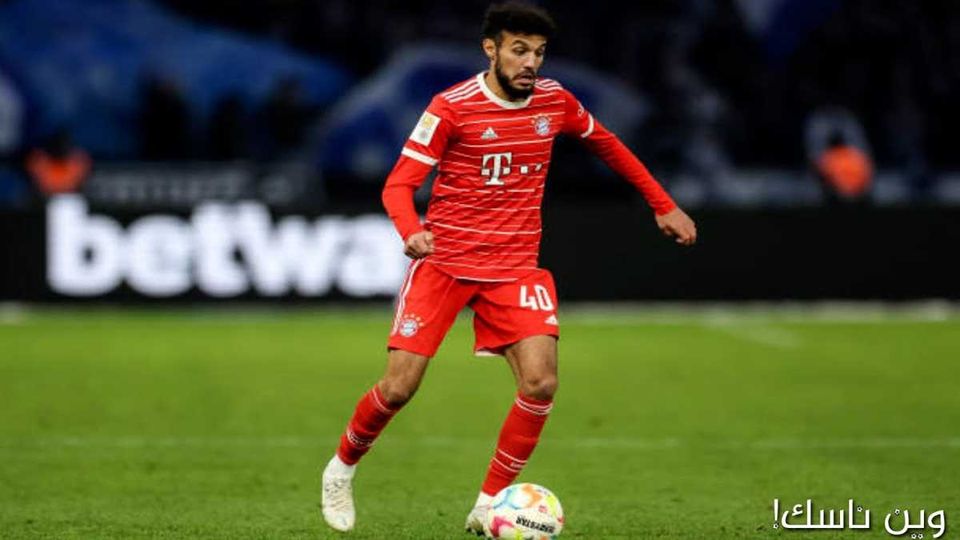The world of professional athletics demands rigorous physical preparation, and the realm of association football is no exception. To excel on the pitch, elite players like those in the top-tier European leagues must adhere to a comprehensive training program designed to enhance their physical capabilities and tactical prowess. This article will delve into the intricate details of such a regimen, providing insights into the training methods employed by one of the sport’s most admired players.
To fully appreciate the complexities of a professional footballer’s training regimen, it is essential to understand the demands of the game itself. The start-and-stop nature of football, characterized by bursts of intense physical exertion followed by periods of recovery, requires athletes to possess a unique combination of speed, agility, and endurance. Furthermore, the game’s tactical requirements necessitate players to be adept at changing direction quickly, jumping, and kicking with precision. The training regimen must, therefore, address all these aspects to effectively prepare players for the rigors of competition.
Training Protocol

The following section outlines the comprehensive training regimen employed by elite athletes like Noussair Mazraoui to enhance their physical prowess on the field. This meticulously crafted program incorporates a combination of strength training, cardiovascular exercises, and flexibility work, specifically tailored to optimize performance in the demanding sport of football.
| Day | Focus | Exercises | Sets | Reps | Rest |
|---|---|---|---|---|---|
| Monday | Strength Training | Squats, Deadlifts, Bench Press | 3 | 8-12 | 2 mins |
| Tuesday | Cardiovascular Fitness | Running, Cycling, Swimming | 3 | 30 mins | 1 min |
| Wednesday | Rest | – | – | – | – |
| Thursday | Flexibility and Agility | Dynamic Stretching, Yoga, Plyometrics | 2 | 15 reps | 1 min |
| Friday | Strength Training | Pull-ups, Rows, Overhead Press | 3 | 8-12 | 2 mins |
| Saturday | Cardiovascular Fitness | Interval Training, Hill Sprints, Agility Drills | 3 | 15 mins work, 1 min rest | 1 min |
| Sunday | Rest | – | – | – | – |
Warm-up and Agility Drills
To prime your body for intense training, a comprehensive warm-up is essential. Our series of exercises will enhance flexibility, cardiovascular fitness, and agility, preparing you for optimal performance on the field.
Dynamic Stretches
- Arm Circles: Large, circular motions with extended arms to loosen shoulder muscles.
- Toe Touches: Reach towards toes with alternating legs, stretching hamstrings and lower back.
- Leg Swings: Controlled forward and backward leg swings to improve hip mobility.
Agility Drills
- Cone Sprints: Sprint between cones arranged in a pattern, promoting quick bursts of speed and agility.
- Ladder Drills: Step through a ladder with varying foot patterns, enhancing coordination and quick footwork.
- Jump Rope: A classic cardio exercise that improves balance, stamina, and overall athleticism.
Strength Training and Hypertrophy
To develop muscular strength and increase muscle mass, a combination of strength training and hypertrophy training is often recommended. Strength training involves exercises that aim to improve muscular strength, power, and endurance, while hypertrophy training focuses on stimulating muscle growth and increasing muscle size.
Endurance and Conditioning
Endurance and overall conditioning are key aspects of a footballer’s performance. An effective workout regimen tailored to enhance these attributes is paramount to maintaining peak physical fitness on the pitch.
Recovery and Nutrition
Recovery and nutrition are crucial aspects of any athletic training program, ensuring optimal performance and preventing injuries. This section outlines effective strategies for post-workout recovery and maintaining a balanced diet to support the demands of football training.
Recovery Techniques
| Method | Benefits |
|---|---|
| Active recovery | Increases blood flow and removes metabolic waste |
| Static stretching | Improves joint flexibility and reduces muscle soreness |
| Foam rolling | Relaxes muscles, reduces inflammation, and enhances flexibility |
| Massage | Promotes muscle relaxation, removes knots, and improves circulation |
| Sleep | Essential for muscle repair, hormone production, and cognitive recovery |
Nutritional Considerations

A balanced diet provides the necessary fuel and nutrients for training and recovery. Key components include:
- Carbohydrates: Primary energy source for football players
- Protein: Essential for muscle repair and growth
- Fats: Provide energy, support hormone production, and insulate body
- Vitamins and minerals: Support immune system, muscle function, and overall health
- Hydration: Crucial for maintaining fluid balance and preventing fatigue




